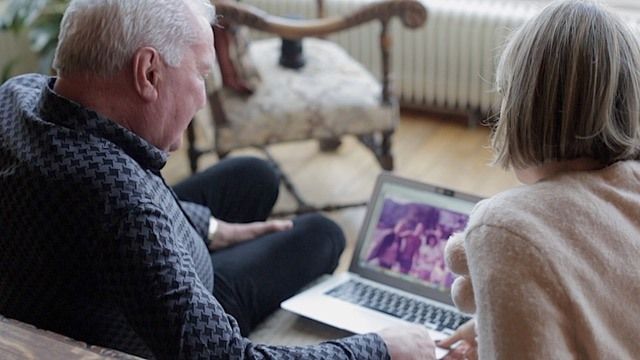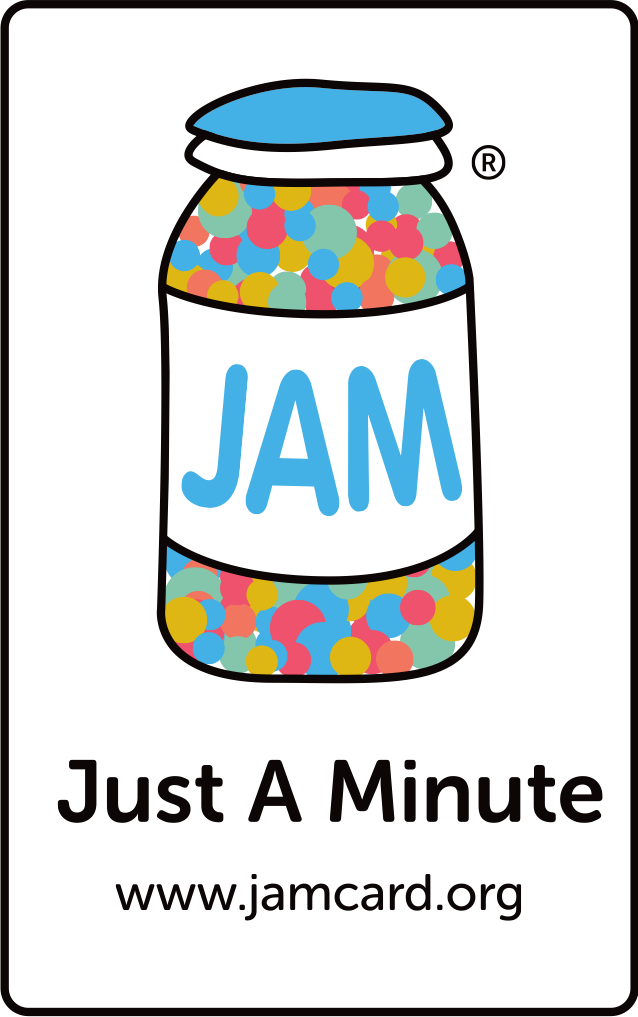Startup Afterbook helps us rethink grief
Afterbook is more than just “Facebook for the deceased,” says founder Jess Dornan Lynas, from her base at the Catalyst Belfast Fintech […]
March 13, 2019

Afterbook is more than just “Facebook for the deceased,” says founder Jess Dornan Lynas, from her base at the Catalyst Belfast Fintech Hub.
An increasing number of people are remembering their lost loved ones online. But Facebook is “not the right space for a memorial, in terms of sensitivity,” says Jess. “I don’t want to see an ad for shoes I almost bought on Tuesday, when I’m being nostalgic about my mother’s life, and contemplating my own loss.”
The design of Afterbook has been critical to its success. “It’s about providing a beautiful space to celebrate a life, where curators can be meaningful and mindful with their sensitive content. I’d love to see people curating their own pages, for posterity, so their children don’t have to,” Jess says.
When Jess was just 19, her mother passed away tragically from cancer. “Her life was cut short,” she says. But while Afterbook was founded with an emotional element, it’s important not to discount its huge business potential.
In Northern Ireland, more than 16,000 people died in 2017 (the last year for which statistics were published), while a funeral can cost anything from £3,000 to £9,000. The UK funeral industry is worth £2bn to the economy; $20bn in the US. There’s a big market opportunity for Afterbook to partner with large funeral providers: funerals, often sold in packages, could include an Afterbook memorial. Geographically, the Americas and Europe are big markets for the site.
“We’re using a freemium model,” says Jess, “and launching a crowdfunding campaign to raise funds to build those premium features.” To date, the company has been bootstrapped with help from grants.
When asked about price, Jess said she envisions it “being around £5 per month.” There will always be a free, basic version of Afterbook, she notes.
Jess is wholly against advertising on the platform. With her previous career as a fashion stylist (she’s on Instagram as @TheStyleBalance), she knows good design.
“We’ve been careful to ensure Afterbook is very comfortable, sensitive and unapologetic,” she says. “The UX had to be just right.”
She goes on, “In years past people would spend so much time at a gravesite, making it a place of beauty – and many still do. An online memorial should be no different.”
For Jess, the modernisation of the funeral industry is necessary, not just with technology, but with our mindset towards grief.
“The concept of five stages of grief is a total fallacy, it suggests that you’d go through the phases and reach some kind of end point. We have a bereavement psychologist on our board, who says that sharing stories about your loved one is a cathartic process.”
I share with Jess that I feel the concept of “closure” is foolhardy and potentially dangerous. It suggests to people that if they’re still in mourning years later, there is something wrong with them.
“I have a relationship with my own grief,” she says. “It’s a process that I embarked upon 20 years ago and it has dictated the course of my life. I could have gone into a downward spiral, when I lost my mum at a point in my life when I was making big decisions, and I’m lucky I didn’t.”
Connecting with others is central to Afterbook. Visitors can light a candle for your loved one each day. They can leave messages, and add text or media files to a “Memory Jar.”
Culturally, we seem to be on a groundswell in vocalising our losses. Sheryl Sandberg, Facebook’s COO and founder of Lean In, has spoken extensively about the sudden loss of her husband.
Jess says, “Her book, called Option B, has sparked this whole community of people dealing with loss, and building resilience.”
“Princes William and Harry have also been very open about their grief. This represents a huge change from the past when grief was something no one discussed,” she continues.
From my standpoint I see more and more examples of online memorials. I remark to Jess that not only is she on the crest of a movement, she’s come to it at a crucial moment – when people are starting to realise change is necessary.
“If I pass on,” she says, “I’d want my funeral to be about joy and celebration, I’d want my children to wear their most colourful clothes and play music as loud as they want.”
Ireland may be the best country in the world for this kind of revolution.
“We are storytellers on this island – it’s the fabric of our existence,” Jess concludes.










